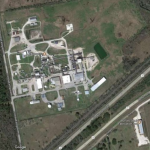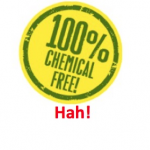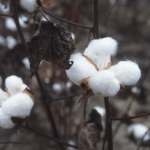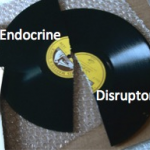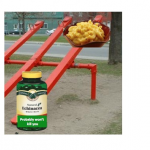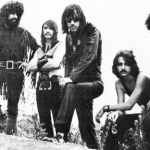A chemical plant in nearby Crosby, TX manufactures a class of unstable compounds called organic peroxides. One is TATP, the explosive the infamous "Shoe Bomber" attempted to use aboard a flight. Peroxides must be kept cold, so when the electricity goes the chance of a massive explosion grows. And there's little that can be done.
Chemicals & Chemistry
A new study states that kids who live near farms which use sulfur – a chemical and a pesticide – have more asthma. And it doesn't matter if the sulfur is used in a conventional or organic farm setting. Can this be true?
America's love affair with coffee bubbled to the surface in 2013 when nitrogen-infused coffee made its appearance in Oregon. Nitro-coffee? Is this a silly fad, or is there some science behind it? Let this article percolate for a while and you'll see.
There are three basic facts about death: (1) We all have to die. (2) All young deaths are tragic deaths. (3) Some of us die in ways that are more interesting than others, and those deaths often make their way into case reports. This story involves all three.
Hollywood will make no sequel to Erin Brockovich, nor will Pacific Gas & Electric be reimbursed $333 million. However, after nearly 20 years the truth about hexavalent chromium has finally been revealed by California regulators.
Dicamba is big news in 2017. It's easy to blame agriculture companies but what about farmers who used dicamba with their resistant plants knowing it drifts?
The Environmental Working Group wants your money. And they're very good a getting it by scaring people about nothing. It should be no surprise that the group's latest fundraising letter is big on fears – but super small on science. Here's what we found.
The New York Times smeared a company at the request of an organic food lobby. Instead of behaving like responsible, skeptical journalists they chose to act like a PR firm. Such is the state of affairs at America's self-appointed "Paper of Record."
Apricot seeds are all over the internet - marketed as cancer fighters. But the seeds contain a chemical compound that, when ingested in high quantities (and by high we mean several seeds), can cause cyanide poisoning.
An interesting finding, that a sunscreen chemical may be useful in treating multiple sclerosis, gave us an unexpected treat: an opportunity to pound the chemical-scares industry. The sunscreen ingredient, homosalate, like just about every other chemical in the world, has been called an "endocrine disruptor" by groups like EWG. Too bad the paper that's cited as proof shows that it's not one at all.
It never ceases to amaze me how easily people can be manipulated into worrying about nothing simply because the "nothing" is portrayed as (but really isn't) scary, while at the same time pay no attention to a "something" because it is portrayed as healthy (which is just as wrong).
Heavy metals get a bad rap. For the most part, it is deserved because they are usually toxic. Except when they aren't. You have probably consumed a whole lot of at least one or two of them and are just fine. Here's why.
